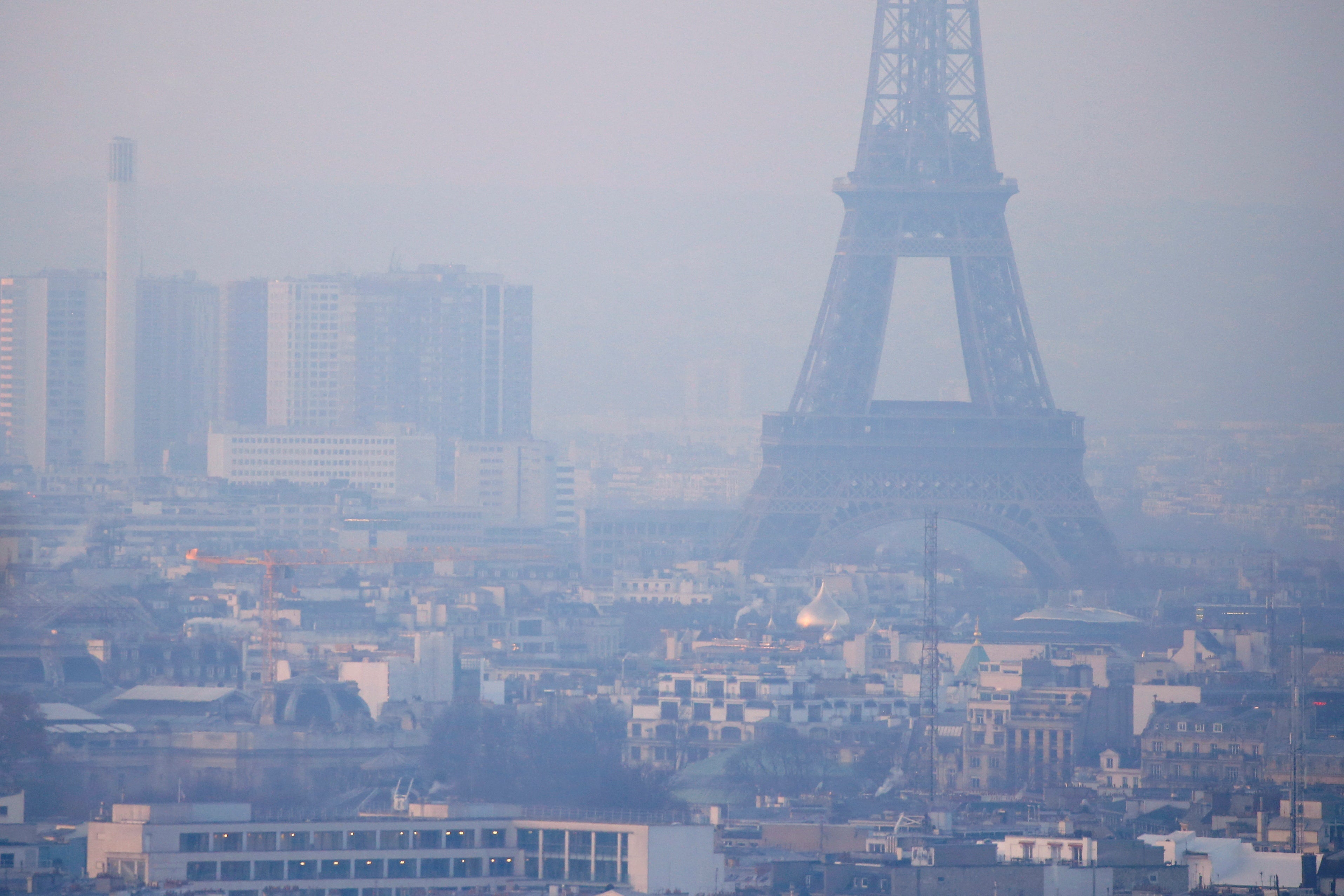Pollution caused one in six deaths worldwide in 2019, report finds
Of 9 million deaths attributed to pollution in 2019, air pollution was responsible for 6.67 million and water pollution for 1.36 million, according to report

Pollution was responsible for 9 million deaths in 2019 – equivalent to one in six deaths worldwide – according to a new report published inThe Lancet Planetary Health journal.
The report found that the total number of deaths is virtually unchanged since the last analysis in 2015, while the number of deaths attributable to industrial pollution has increased. The vast majority – 92 per cent of pollution-related deaths – happen in low-income and middle-income countries, it said.
“Despite its enormous health, social and economic impacts, pollution prevention is largely overlooked in the international development agenda,” said Richard Fuller, the lead author of the report. “Attention and funding has only minimally increased since 2015, despite well documented increases in public concern about pollution and its health effects.”
Of the nine million deaths attributed to pollution in 2019, air pollution was responsible for 6.67 million, water pollution for 1.36 million, lead pollution for 900,000 and toxic occupational hazards for 870,000, according to the report.
The authors found that the number of deaths associated with extreme poverty – caused by so-called “traditional pollution” such as indoor air pollution and water pollution had decreased since 2000. They said this was particularly evident in Africa due to improvements in water supply, sanitation and cleaner fuels.
However, deaths attributable to industrial or “modern pollution” – such as ambient air pollution and chemical pollution – have risen by 66 per cent in the past two decades, it said. That is up from an estimated 3.8 million deaths in 2000, to 6.3 million deaths in 2019.
What’s more the authors of the report warned that figures on deaths from chemical pollutants are likely to be underestimated as they say only a small number of manufactured chemicals have been adequately tested for safety or toxicity.
The report was produced by The Lancet commission on pollution and health, which addresses the health and economic costs of air, water, and soil pollution.
The authors of the report call for the creation of an independent science policy panel on pollution – similar to the Intergovernmental Panel on Climate Change (IPCC), as well as for increased funding for pollution control from governments and donors, and improved pollution monitoring and data collection.
The report found that excess deaths due to pollution also led to economic losses totalling 3.68 trillion pounds in 2019, equating to some 6 per cent of global economic output.
“Pollution is still the largest existential threat to human and planetary health and jeopardizes the sustainability of modern societies,” said co-author Philip Landrigan, director of global public health program and global pollution observatory at Boston College.
“Preventing pollution can also slow climate change – achieving a double benefit for planetary health – and our report calls for a massive, rapid transition away from all fossil fuels to clean, renewable energy,” he added.
Join our commenting forum
Join thought-provoking conversations, follow other Independent readers and see their replies
Comments
Bookmark popover
Removed from bookmarks